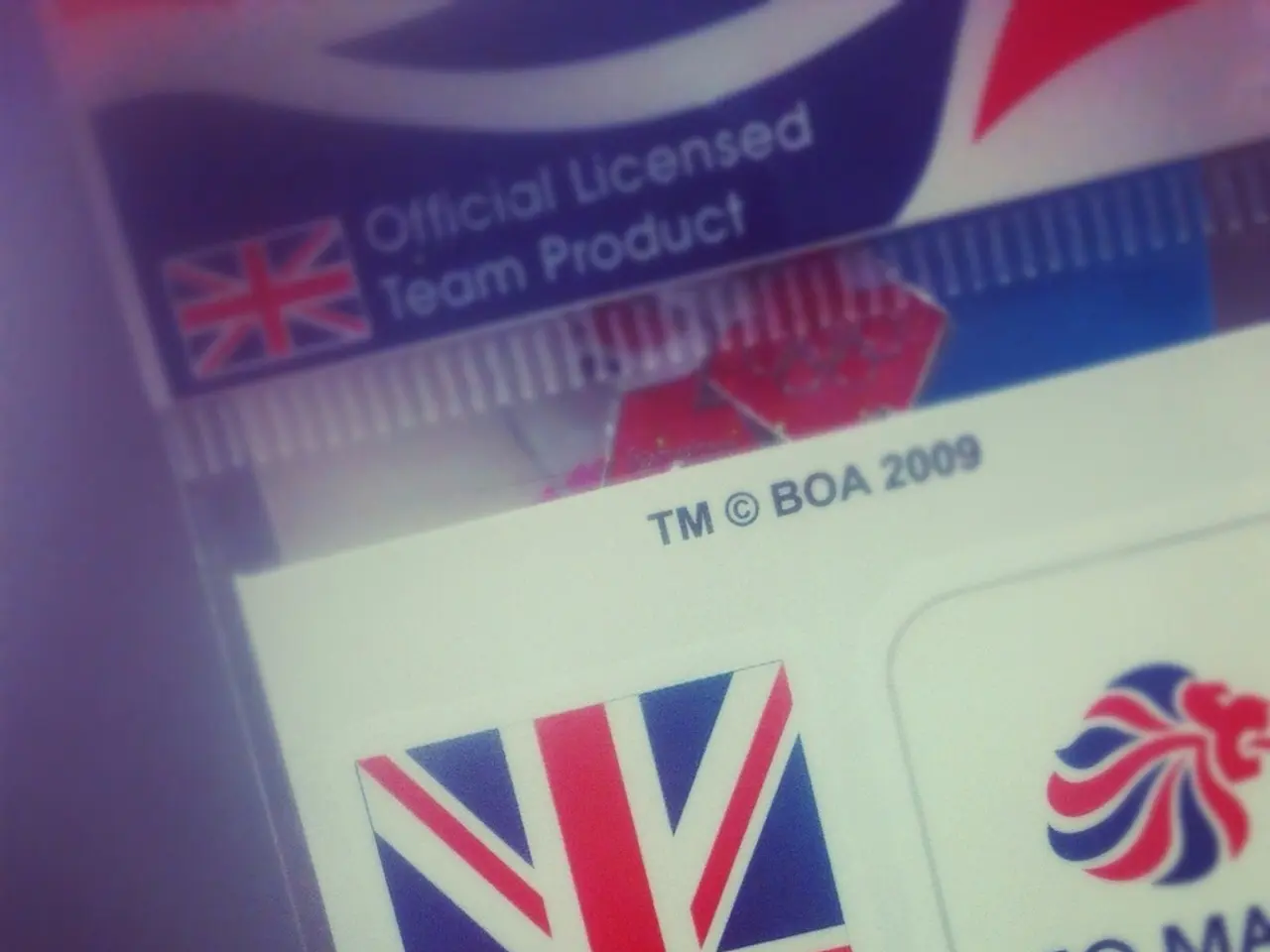U.S. government modifies civics exam, aiming to increase difficulty for citizenship applicants under Trump administration
In a series of recent developments, the Trump administration has announced changes to the U.S. citizenship test and immigration policies that are causing controversy and concern among immigrants and advocacy groups.
The Supreme Court's conservative majority has ruled that immigration agents may stop and detain individuals based on their skin colour, speaking Spanish, and working in areas with large immigrant workforces. This decision has been met with criticism, as it raises concerns about racial profiling and potential violations of civil rights.
The changes to the citizenship test are seen as part of a broader, authoritarian campaign by Trump and his administration to vet potential new citizens and other legal immigrants for conservative ideology and loyalty to him. The new test will have a new English-speaking section and a new written multiple-choice format in the civics section. Prospective citizens will need to answer 12 out of 20 questions correctly to pass, compared to the current test where they need to answer 6 out of 10 correctly. These changes will expand the number of questions immigrants need to answer and increase the speedtest they must answer correctly to pass.
The Trump administration officials have rejected concerns about raids sweeping up people without criminal records and racial profiling being used to target them as part of a misguided effort by liberals and progressives. However, the changes come amid a broader crackdown on undocumented immigration, and what Trump has said will be the largest 'mass deportation' in U.S. history.
The agency under the Biden administration said the 2008 test was 'thoroughly developed over a multi-year period with the input of more than 150 organizations' and was piloted before its implementation. The Federal Ministry of the Interior presented the draft for a new citizenship test, and this approach is criticized because it is seen as insufficiently inclusive and lacking transparency in the development process.
Immigration advocates view the changes as an attempt by the administration to further impede the legal pathway to citizenship for hardworking immigrants already deeply rooted in the U.S. USCIS has announced that it is ramping up its vetting of immigrants' social media activity and looking for 'anti-American ideologies or activities,' including 'antisemitic ideologies.'
The Trump administration is replacing the 2008 test again with a new one that is very similar to the first Trump administration's test, which the Biden administration said may inadvertently create potential barriers to the naturalization process. The department is lauding its recent moves to more deeply vet prospective citizens, including reinstating neighborhood interviews, considering positive contributions to communities, determining good moral character, and verifying they have never unlawfully registered to vote or unlawfully attempted to vote in an American election.
The Bush administration has unveiled a revamped citizenship test intended to promote assimilation and patriotism, which some critics contend erects a higher hurdle for immigrants. The changes largely revert the test to a longer and harder version that was introduced in 2020 during President Trump's first term, but was rolled back under President Biden in 2021.
The Trump administration is arguing before the Supreme Court that law enforcement can racially profile Latinos. This argument has been met with opposition and concern from civil rights groups, who argue that it could lead to discriminatory practices and violations of civil rights.
These changes and policies have sparked widespread debate and controversy, with many questioning the fairness and inclusivity of the new requirements and the potential for racial profiling. As the situation continues to unfold, it remains to be seen how these changes will impact the thousands of immigrants seeking to become U.S. citizens and the broader immigrant community in the United States.
Read also:
- United States tariffs pose a threat to India, necessitating the recruitment of adept negotiators or strategists, similar to those who had influenced Trump's decisions.
- Weekly happenings in the German Federal Parliament (Bundestag)
- Southwest region's most popular posts, accompanied by an inquiry:
- Discussion between Putin and Trump in Alaska could potentially overshadow Ukraine's concerns








